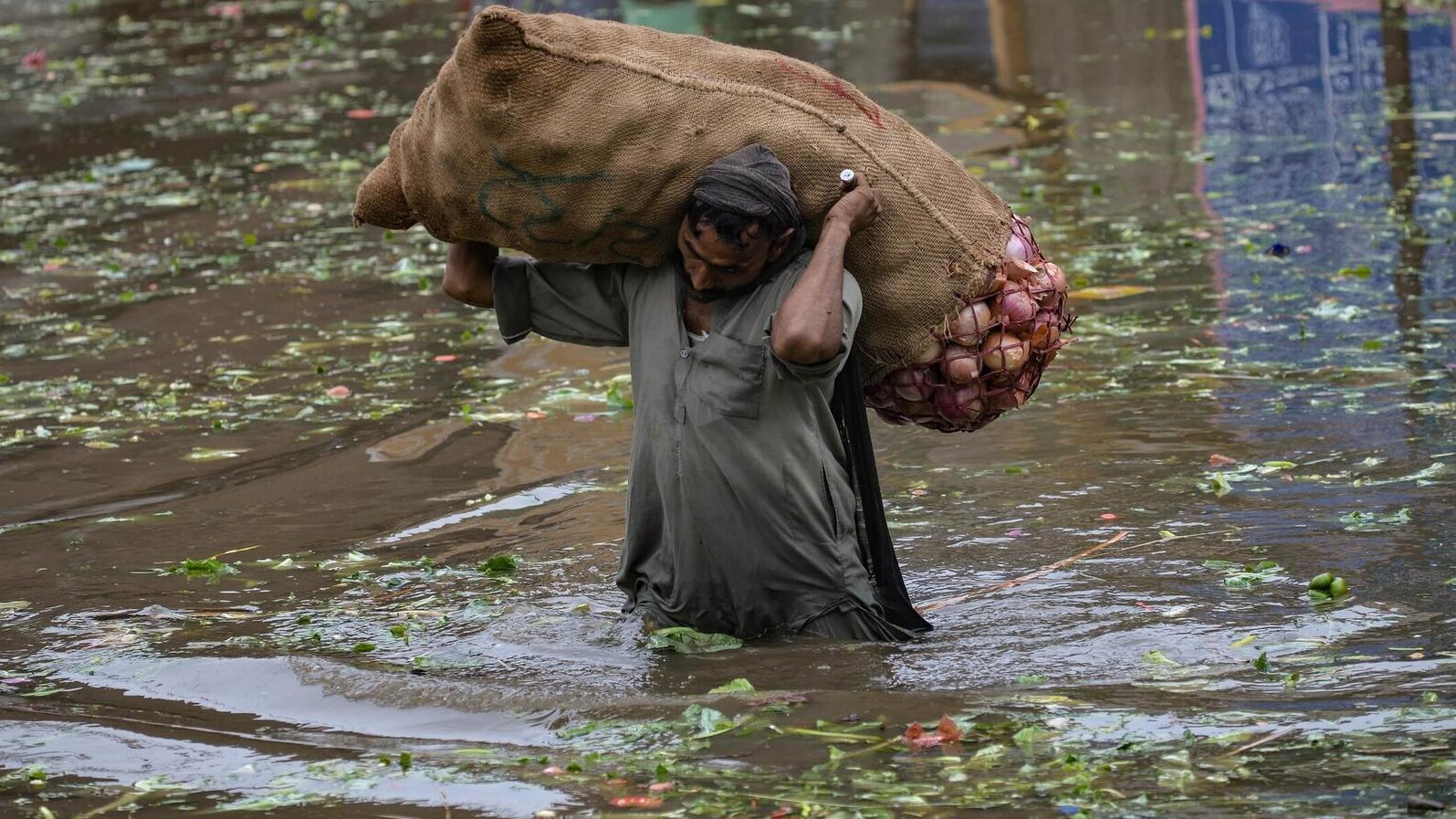Severe flooding in East Africa has intensified an already dire humanitarian situation, leaving millions of people in need of assistance, warns the International Rescue Committee (IRC). Shashwat Saraf, East Africa Emergency Director at IRC, sheds light on the escalating crisis and its devastating impact on vulnerable communities.
Pre-existing Food Insecurity
Even before the floods, approximately 15 million people in East Africa were grappling with food insecurity. Somalia, Ethiopia, and Kenya had recently experienced an extended period of drought, marked by five failed rains, displacing millions and exacerbating food shortages.
Impact of Floods on Vulnerable Populations
The recent floods have added to the region’s woes, affecting an additional 3.1 million people, with Somalia bearing a significant brunt. Shashwat Saraf emphasizes that Somalia, Ethiopia, and Kenya have faced extensive flooding, with Somalia alone witnessing 1.7 million people directly impacted.
Agricultural Loss and Livestock Risks
The flooding has submerged over 1.5 million hectares of land in Somalia, compounding the agricultural challenges.
This inundation not only exacerbates existing food insecurity but also leads to substantial agricultural losses. Livestock, a crucial livelihood source, is also under threat due to the proliferation of vector-borne diseases and the emergence of new health risks.
Humanitarian Response Urgency
The humanitarian crisis prompted by the floods demands urgent attention and intervention. Humanitarian aid groups are mobilizing resources to assist affected populations, especially in towns like Beledweyne in central Somalia, which faces severe repercussions due to its location along the Shabelle River.
The IRC, along with other organizations, underscores the need for a comprehensive response to address immediate needs such as shelter, clean water, and healthcare.
Additionally, long-term strategies are crucial to rebuilding communities, restoring agricultural activities, and mitigating future risks posed by climate-related disasters.
Disclaimer: Ahotoronline.com is not liable for any damages resulting from the use of this information
Westafricanews.com





